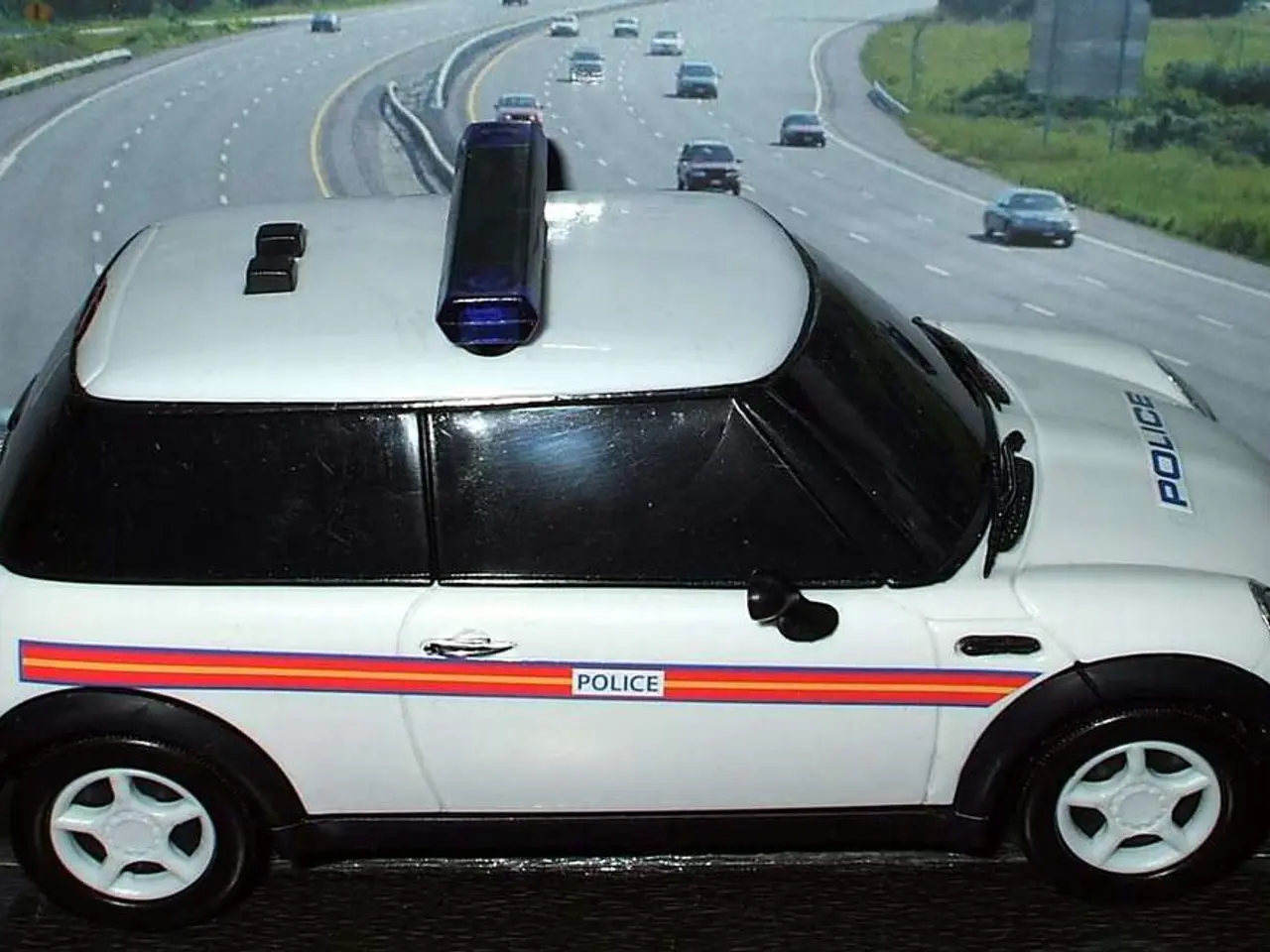Strict Drug-Impaired Driving Enforcements in Bremen: 1 Out of Every 13 Motorists Subject to Drug Intoxication
In a recent three-day operation, the Bremen Police, along with law enforcement agencies from 12 German states, Austria, and Switzerland, focused on identifying drivers under the influence of drugs. The operation, which took place from September 24 to 26, aimed to increase road safety, remove drivers under the influence of alcohol and drugs, and strengthen cooperation and expertise in drug recognition.
The operation resulted in a total of 1,555 vehicles and 1,878 people being checked. Among the offenses detected, there were 79 violations, including numerous infractions of the Narcotics Act. Two drivers were found with large quantities of marijuana, leading to house searches.
Drug-impaired driving is treated as a serious offense in Germany, with strict traffic regulations in place. If drug-related driving errors or endangerment of other road users occur, it is a criminal offense, punishable by imprisonment of up to one year or a fine. If an accident is caused or a concrete danger is created by drug consumption, Section 315c StGB (endangerment of road traffic) applies, with imprisonment of up to five years or fines being possible.
The detection methods used by the police include roadside drug tests, such as saliva or blood testing, and laboratory confirmation. Drivers are expected by German traffic regulations to assess their own fitness to drive, which includes abstaining from drug use that impairs driving ability.
In addition to drug-impaired driving, several forgery offenses were discovered by specialized document examiners, and 23 drivers were found to be driving without a valid license. One notable finding was the recovery of a stolen Porsche Cayenne during the operation. Investigations into these cases are ongoing.
It is essential to note that under EU regulations, Germany cooperates with other member states to share information on traffic offenses, including drug-impaired driving. Foreign drivers can be prosecuted and penalized according to German law if caught driving under drug influence on German roads.
Germany emphasizes road safety and uses scientifically supported detection to enforce laws against drug-impaired driving, protecting both residents and cross-border travelers. Foreign drivers found drug-impaired in Germany may face penalties communicated back to their home country, including possible fines and license consequences.
[1] Source: [URL for the original news article or press release] [3] Source: [URL for the official German traffic regulations]
- The police operation, which focused on identifying drug-impaired drivers, also uncovered several violations of the Narcotics Act, indicating that the issue of drug use extends beyond road safety and into health-and-wellness and general-news categories.
- The operation underscores the importance of mental-health awareness, as it demonstrates the impact substances can have on a person's ability to make rational decisions and drive safely, potentially endangering not only their own lives but also those of others.
- The collaboration between law enforcement agencies from multiple countries, as seen in this operation, is a testament to the expanding scope of crime-and-justice issues, which now transcend national borders, necessitating international cooperation and coordination.




